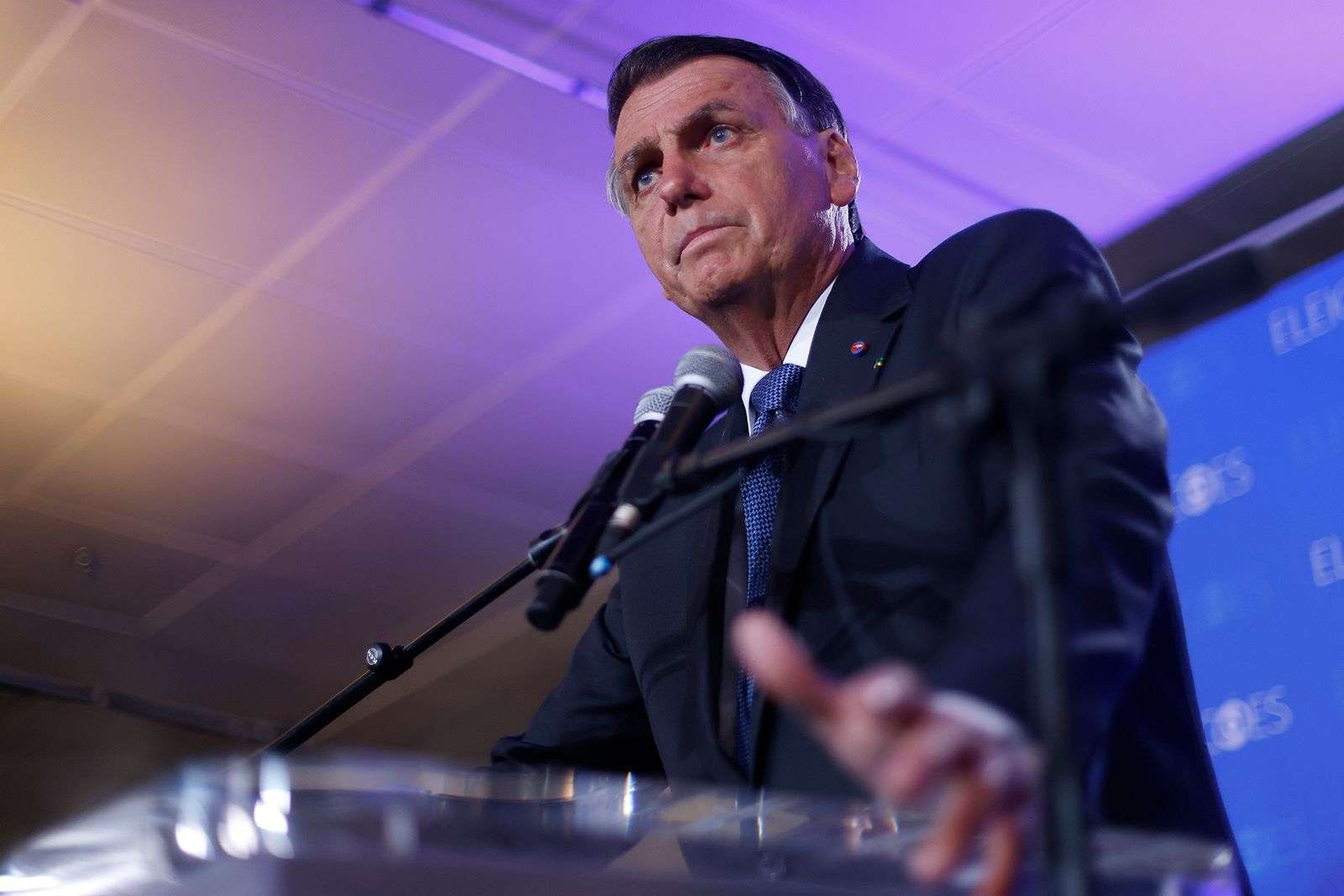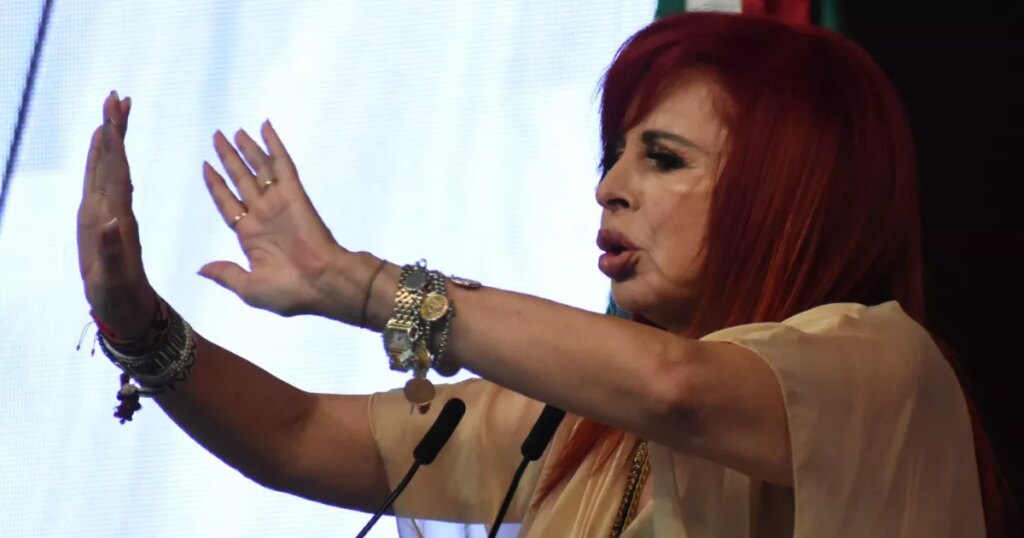Three weeks after seeing that the electorate has sent him home, the outgoing president of Brazil, Jair Bolsonaro, has decided to challenge the results of the second round of this year’s hard-fought presidential elections. And with an argument worthy of Donald Trump: the voting machines were sabotaged in favor of his opponent, the now president-elect Luiz Inácio Lula da Silva.
Bolsonaro narrowly lost the runoff on October 30, but did not immediately challenge the result. Nor did the presiding judge of the electoral board, Alxandre Moraes, complain of any irregularity.
Since then, Bolsonaro has stopped short of explicitly admitting he lost, but said he would “continue to comply with all the commandments of the Constitution,” leading observers to believe he would cooperate with the transfer of power.
But in the petition filed Tuesday, Bolsonaro and the leader of his right-wing Liberal Party allege that some voting machines malfunctioned and any votes cast on them should be annulled.
Bolsonaro communicates to the Supreme Court of Brazil that the electoral process has concluded
Citing an analysis by a company hired by Bolsonaro’s party, the complaint claims that removing those votes would give Bolsonaro victory, but it did not present any evidence.
This Wednesday Moraes was very harsh in his response. Either Bolsonaro presents evidence and also includes studies of the first round or he forgets about the protest. Among other reasons, because the machines used in the second round were the same as those used in the first. And he has 24 hours to do it.
Until the end of Wednesday, he had not. But the Liberal party held a press conference in which officials doubled down on claims that some ballots used in the second round of elections couldYostill be subject to error. But in a reversal, they said they did not intend to challenge the results.
“We do not intend to prevent anyone from taking office, only to comply with the law. If there are indications [de error] this ballot cannot be taken into account”, said the president of the Liberal Party, Valdemar Costa Neto. Furthermore: “we are not asking for new elections. That would be crazy.”
The heated elections last month came amid a tense and polarized political climate in Brazil, which has been grappling with high inflation and rising poverty.
Lula da Silva received more than 60 million votes, according to the electoral authority’s final tally, the most in Brazil’s history and breaking his own record from 2006.















